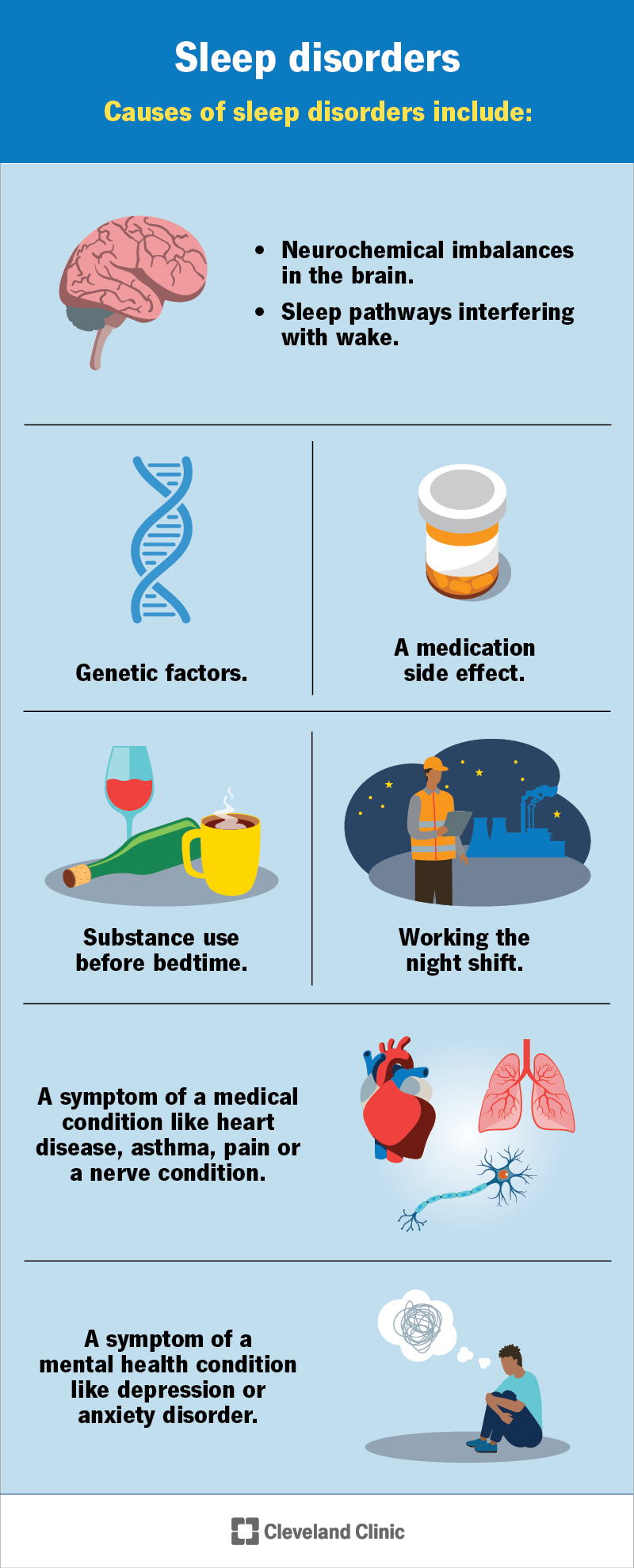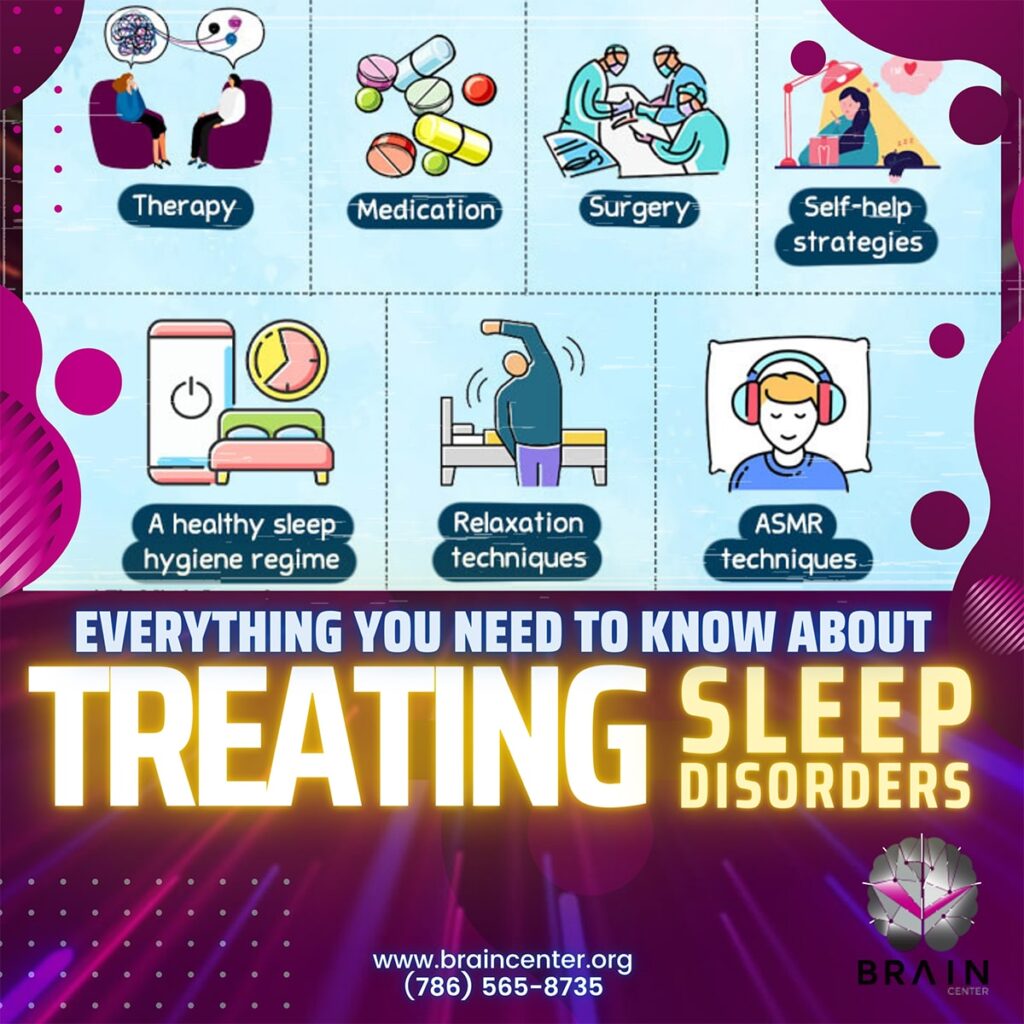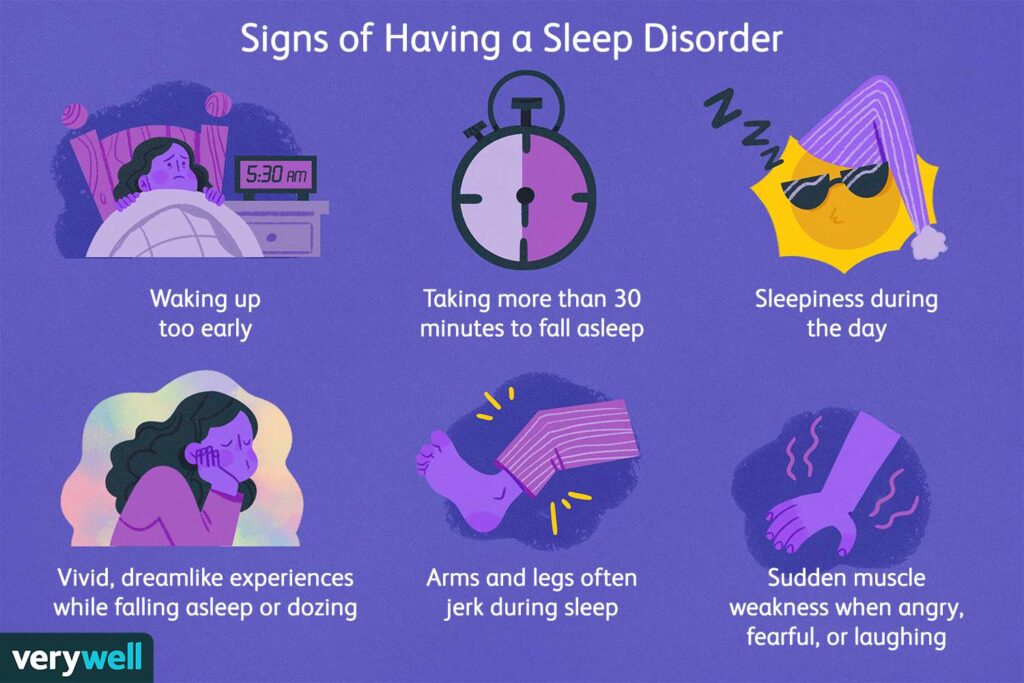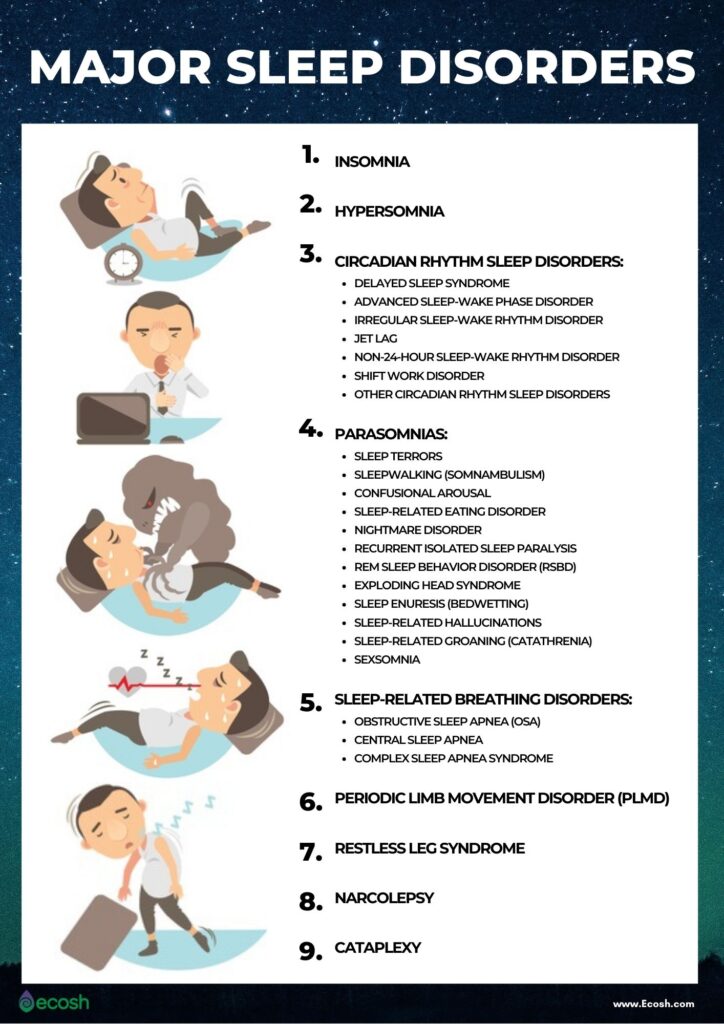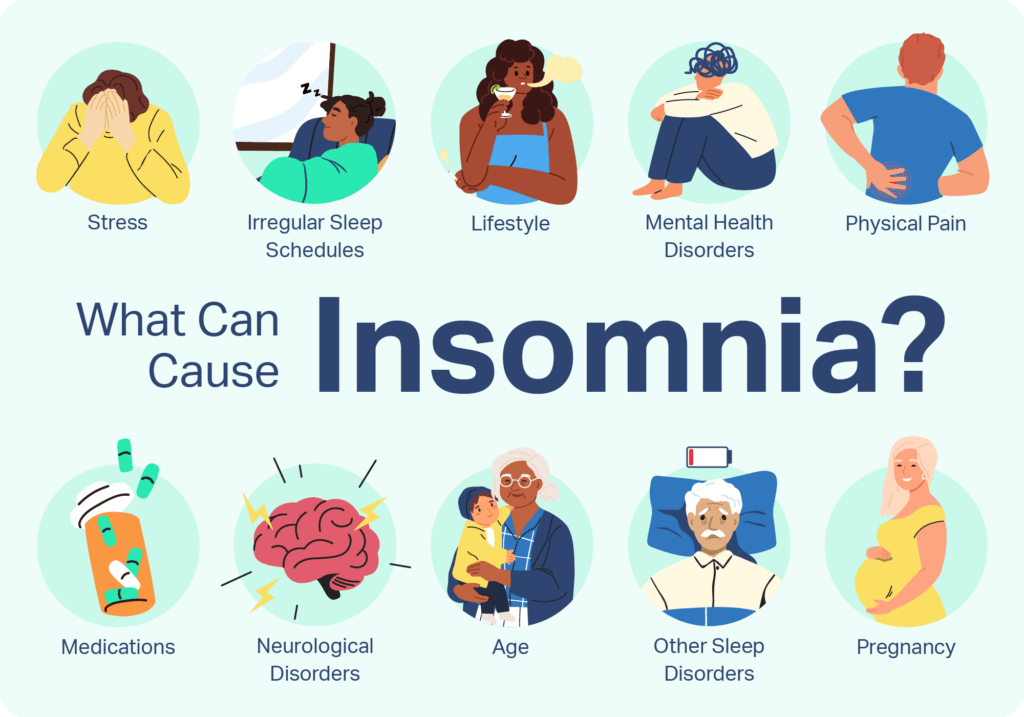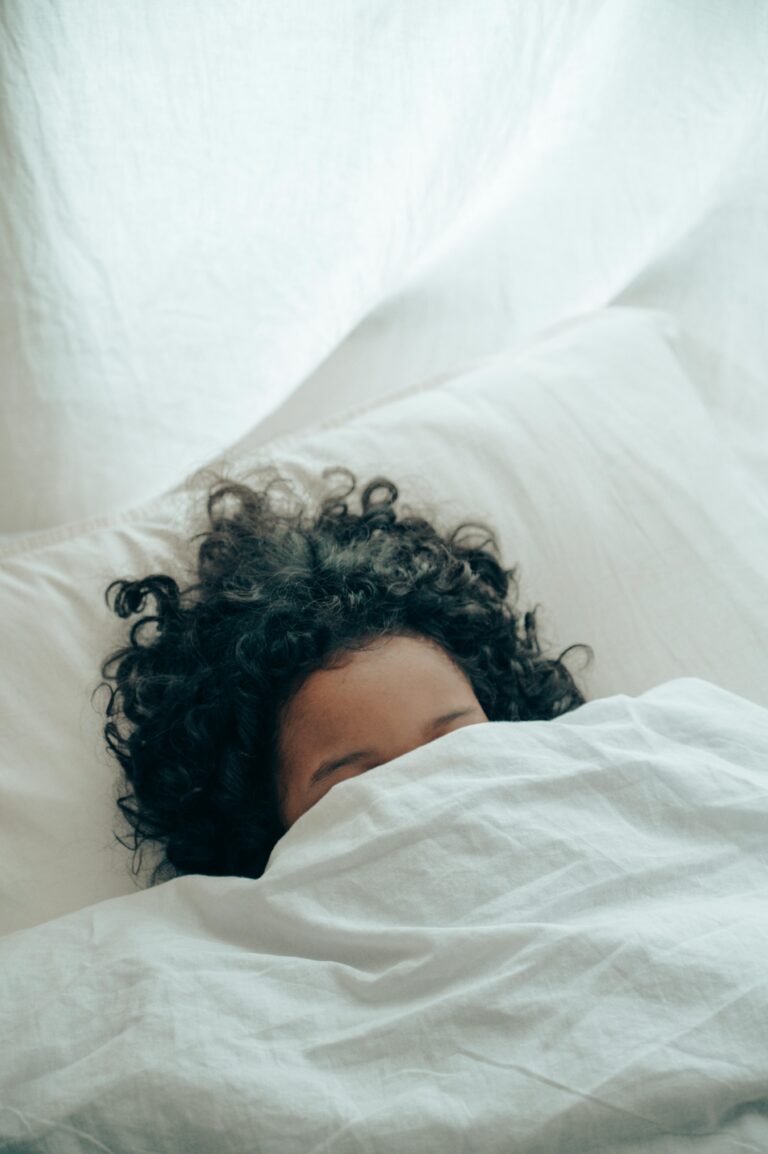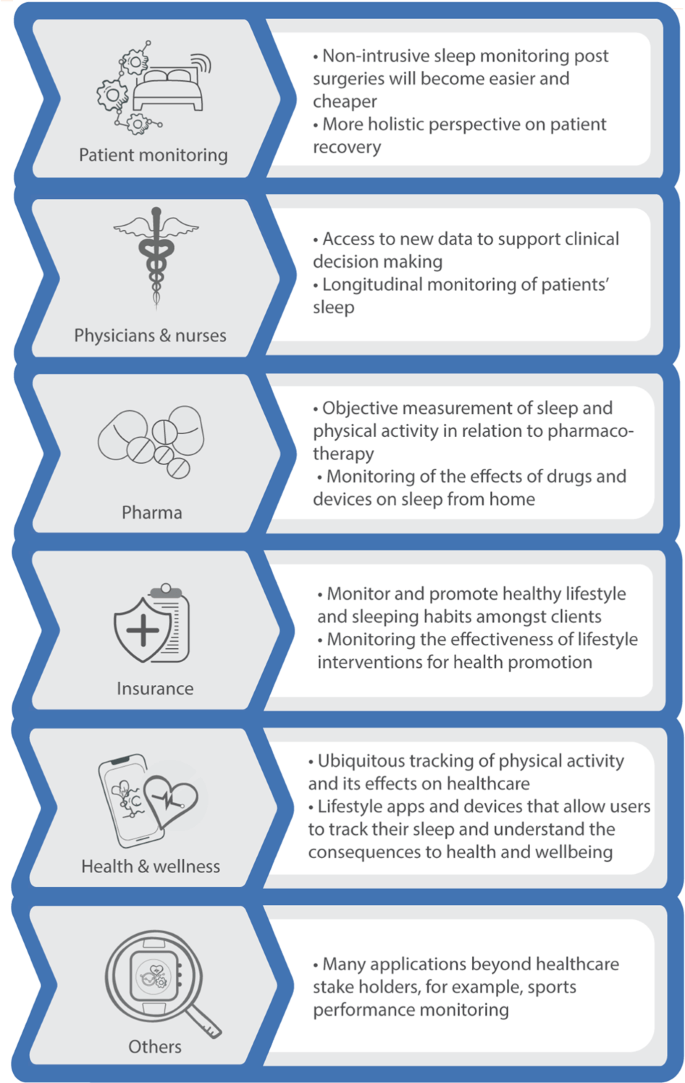Sleep Disorders: Understanding the Problem
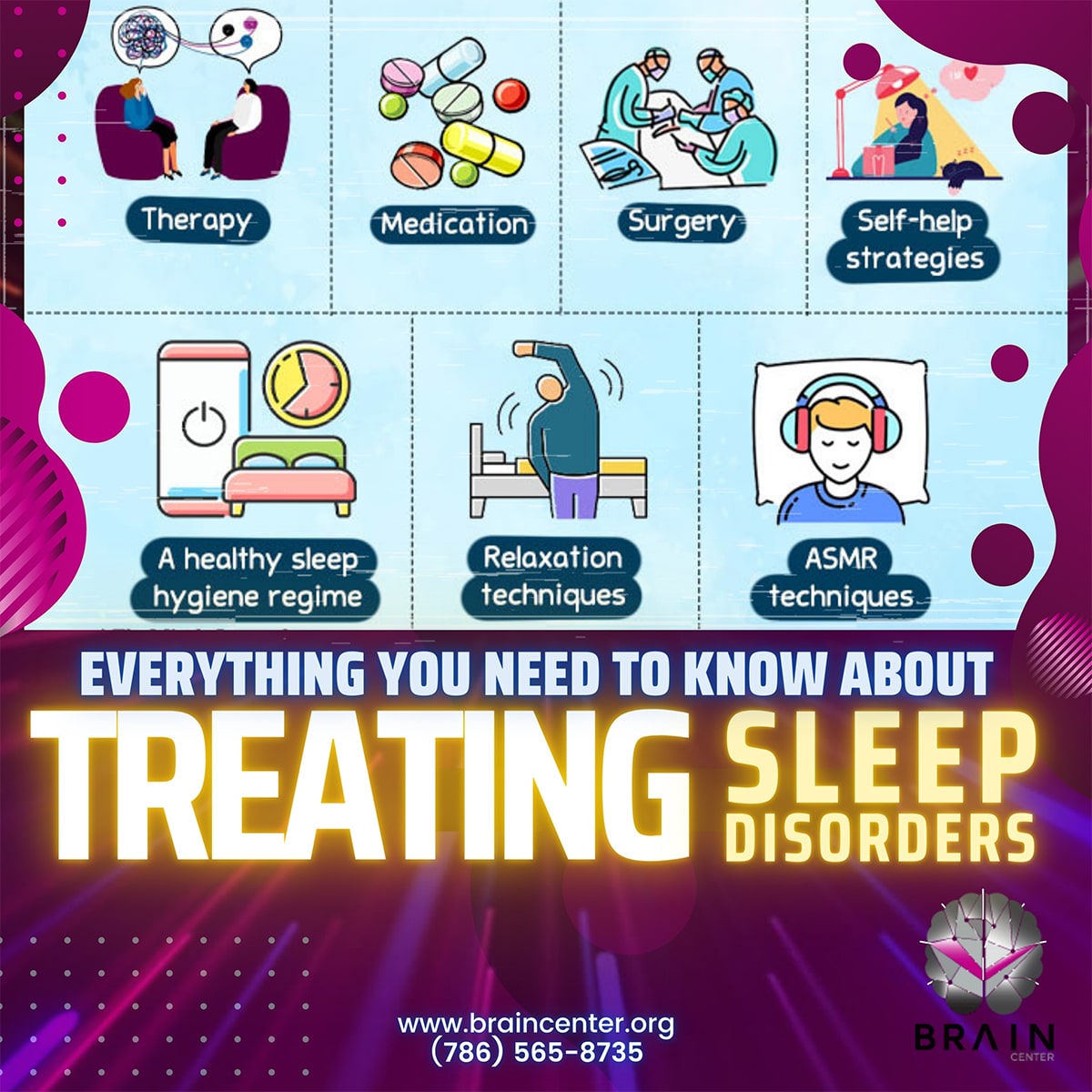
Are you struggling to get a good night’s sleep? The fast-paced nature of today’s world can often lead to sleep disorders, negatively impacting both your health and productivity. At Vector Sleep Clinic, located conveniently in the heart of Rego Park and easily accessible from all five boroughs, we understand the problem and are here to help. With licensed and insured services, we offer comprehensive care for restful sleep. From diagnosing to treating a variety of sleep disorders, including insomnia and sleep apnea, we aim to unlock the magic of restful nights, where dreams meet rejuvenation. Don’t let a sleep disorder go untreated, as it can lead to serious health issues such as heart attacks, strokes, high blood pressure, car accidents, problems at home or work, sexual dysfunction, and even obesity. Choose Vector Sleep Clinic and discover the power of uninterrupted sleep.
This image is property of my.clevelandclinic.org.
What is Sleep?
Sleep is a natural state of rest that is essential for our overall health and well-being. It is a complex and dynamic process that allows our bodies and minds to recharge and rejuvenate. During sleep, our bodies undergo various physiological changes, including decreased brain activity, slowed breathing, and relaxation of muscles. Sleep is divided into different stages, including deep sleep and REM (Rapid Eye Movement) sleep, which is when we experience dreams. The average adult needs about 7-9 hours of sleep each night to function optimally.
Types of Sleep Disorders
There are several different types of sleep disorders that can disrupt a person’s ability to have a restful and rejuvenating night’s sleep. These disorders can range from mild to severe and can have a significant impact on a person’s quality of life. Some common sleep disorders include:
Insomnia
Insomnia is a sleep disorder characterized by difficulty falling asleep, staying asleep, or both. It can be caused by various factors, including stress, anxiety, depression, or certain medications. People with insomnia often report feeling tired and irritable during the day, and their lack of sleep can affect their ability to concentrate and perform daily tasks.
Sleep Apnea
Sleep apnea is a disorder in which a person’s breathing repeatedly stops and starts during sleep. It can be caused by a blockage in the upper airway or a problem with the brain’s signaling to the muscles that control breathing. Sleep apnea can lead to loud snoring, frequent awakenings during the night, and excessive daytime sleepiness.
Restless Leg Syndrome
Restless Leg Syndrome (RLS) is a neurological disorder characterized by an irresistible urge to move the legs, especially at night. This can lead to difficulty falling asleep or staying asleep, and people with RLS often report unpleasant sensations in their legs, such as tingling or aching. RLS can significantly disrupt a person’s sleep and quality of life.
Narcolepsy
Narcolepsy is a neurological disorder that affects the brain’s ability to regulate sleep-wake cycles. People with narcolepsy often experience excessive daytime sleepiness and may fall asleep uncontrollably during the day. They may also experience sleep paralysis, hallucinations, and disrupted nighttime sleep.
Sleepwalking
Sleepwalking, also known as somnambulism, is a sleep disorder in which a person engages in activities while asleep. This can include walking, talking, or even driving a car. Sleepwalking typically occurs during the deep stages of sleep and can be dangerous if the person unknowingly puts themselves at risk.
Nightmares and Night Terrors
Nightmares are vivid and disturbing dreams that often wake a person up from sleep. Night terrors, on the other hand, are episodes of intense fear or terror that occur during the first few hours of sleep. Both nightmares and night terrors can disrupt a person’s sleep and leave them feeling scared or anxious.
Sleep Paralysis
Sleep paralysis is a temporary inability to move or speak while falling asleep or waking up. It can be accompanied by hallucinations and a feeling of pressure on the chest. Sleep paralysis can be a frightening experience and can make a person hesitant to fall asleep or wake up.
Shift Work Sleep Disorder
Shift work sleep disorder occurs when a person’s work schedule is outside of the typical 9-5 day, causing disruption to their natural sleep-wake cycle. This can lead to difficulty falling asleep during the day and feeling tired and unrefreshed during work hours.
Circadian Rhythm Sleep Disorders
Circadian rhythm sleep disorders are disruptions in a person’s internal body clock, which regulates their sleep-wake cycle. This can be caused by various factors, including jet lag, shift work, or underlying medical conditions. People with circadian rhythm sleep disorders often struggle to fall asleep at the desired time and may experience excessive sleepiness during the day.
Causes of Sleep Disorders
The causes of sleep disorders can vary depending on the specific disorder. Some common causes include:
- Stress and anxiety: High levels of stress and anxiety can make it difficult to relax and fall asleep.
- Medical conditions: Certain medical conditions, such as chronic pain, respiratory disorders, or neurological disorders, can interfere with sleep.
- Medications: Some medications can disrupt sleep and cause insomnia or other sleep disturbances.
- Lifestyle factors: Poor sleep habits, such as irregular sleep schedules, excessive caffeine or alcohol intake, and lack of physical activity, can contribute to sleep disorders.
- Environmental factors: Noise, light, temperature, and an uncomfortable sleep environment can all affect the quality of sleep.
It’s important to note that the causes of sleep disorders can be complex and may involve a combination of factors. It is often necessary to work with a healthcare professional to determine the underlying cause and develop an appropriate treatment plan.
Symptoms of Sleep Disorders
The symptoms of sleep disorders can vary depending on the specific disorder, but some common symptoms may include:
- Difficulty falling asleep or staying asleep
- Excessive daytime sleepiness
- Fatigue or low energy
- Morning headaches
- Loud snoring
- Gasping or choking during sleep
- Restless legs or an urge to move the legs
- Nightmares or night terrors
- Difficulty concentrating or remembering
- Irritability or mood swings
If you are experiencing any of these symptoms on a regular basis, it is important to consult with a healthcare professional for a proper diagnosis and treatment.
This image is property of braincenter.org.
Diagnosing Sleep Disorders
Diagnosing a sleep disorder typically involves a comprehensive evaluation of a person’s sleep patterns, medical history, and physical examination. Some common methods used to diagnose sleep disorders include:
Sleep Study
A sleep study, also known as polysomnography, is a test conducted in a sleep lab where a person’s sleep is monitored and recorded. This test measures various physiological parameters during sleep, including brain activity, eye movements, heart rate, and breathing patterns. It can help diagnose sleep disorders such as sleep apnea, narcolepsy, and restless leg syndrome.
Medical History
A detailed medical history is an essential part of diagnosing sleep disorders. A healthcare professional will ask questions about your sleep patterns, symptoms, and any underlying medical conditions or medications that may be contributing to your sleep problems.
Physical Examination
A physical examination may be performed to assess any physical issues that may be affecting your sleep, such as obesity, large tonsils, or nasal congestion. Your healthcare provider may also check for signs of other medical conditions that can cause sleep disturbances.
Treatment Options
The treatment for sleep disorders will vary depending on the specific disorder and its underlying cause. Some common treatment options may include:
Lifestyle Changes
In many cases, making simple lifestyle changes can significantly improve sleep quality. This may include practicing good sleep hygiene, establishing a consistent sleep schedule, creating a comfortable sleep environment, engaging in regular exercise, maintaining a healthy diet, and avoiding stimulants such as caffeine and nicotine.
Medications
Medications may be prescribed to help manage certain sleep disorders. For example, insomnia may be treated with medication that promotes sleep, while sleep apnea may be treated with a continuous positive airway pressure (CPAP) machine to keep the airway open during sleep. It is important to work closely with a healthcare professional to determine the most appropriate medication and dosage for your specific needs.
Therapies
Therapies, such as cognitive-behavioral therapy for insomnia (CBT-I) or relaxation techniques, can be effective in treating sleep disorders. These therapies aim to address any underlying psychological factors contributing to sleep disturbances and teach techniques to promote better sleep.
CPAP (Continuous Positive Airway Pressure)
For individuals with sleep apnea, a CPAP machine may be recommended. This device delivers a steady stream of air pressure, keeping the airway open and preventing pauses in breathing during sleep. This can greatly improve the quality of sleep for individuals with sleep apnea.
Surgery
In some cases, surgery may be recommended to treat sleep disorders. For example, surgery may be performed to remove obstructions in the airway for individuals with sleep apnea. However, surgery is typically considered a last resort option and is only recommended when other treatment options have been unsuccessful.
This image is property of www.verywellhealth.com.
Importance of Seeking Treatment
Sleep disorders can have a significant impact on a person’s overall health and quality of life. If left untreated, they can increase the risk of various health problems, including heart attacks, strokes, high blood pressure, obesity, and mental health issues. It can also lead to impaired concentration, decreased productivity, and problems at home or work. Seeking treatment for sleep disorders is crucial to improve sleep quality, enhance overall well-being, and reduce the risk of long-term health complications.
Quality Sleep Habits
In addition to seeking treatment for sleep disorders, adopting healthy sleep habits can further improve the quality of your sleep. Here are some tips for cultivating quality sleep habits:
Consistent Sleep Schedule
Maintaining a consistent sleep schedule by going to bed and waking up at the same time every day can help regulate your body’s internal clock and improve sleep quality.
Comfortable Sleep Environment
Create a comfortable sleep environment that promotes relaxation and sleep. This may include investing in a supportive mattress and pillow, keeping the room cool and dark, and reducing noise and distractions.
Regular Exercise
Engage in regular physical activity, but try to avoid exercising too close to bedtime, as this can stimulate the body and make it harder to fall asleep.
Healthy Diet
Eat a balanced diet that includes fruits, vegetables, whole grains, and lean proteins. Limit your intake of caffeine, especially in the afternoon and evening, as it can interfere with your ability to fall asleep.
Avoiding Stimulants
Avoid stimulants such as nicotine and alcohol, as they can disrupt sleep patterns and negatively impact the quality of your sleep.
This image is property of ecosh.com.
Improving Sleep Hygiene
Sleep hygiene refers to the practices and habits that promote healthy sleep. By incorporating these strategies into your daily routine, you can improve your sleep hygiene and enhance the quality of your sleep.
Creating a Sleep-Friendly Routine
Establishing a relaxing bedtime routine can signal to your body that it’s time to wind down and prepare for sleep. This may include activities such as taking a warm bath, reading a book, or practicing relaxation techniques like deep breathing or meditation.
Reducing Screen Time
Limit exposure to electronic devices, such as smartphones, tablets, and computers, in the evening. The blue light emitted from these devices can suppress melatonin production, making it harder to fall asleep.
Creating a Relaxing Bedtime Routine
Prioritize activities that help you relax and unwind before bed. This may include listening to calming music, practicing gentle stretching or yoga, or engaging in relaxation exercises such as progressive muscle relaxation.
Conclusion
Sleep disorders can have a profound impact on our overall health and well-being. Whether it’s insomnia, sleep apnea, restless leg syndrome, or any other sleep disorder, seeking timely treatment is key to improving sleep quality and reducing the risk of long-term health complications. By adopting healthy sleep habits, prioritizing our sleep hygiene, and creating a sleep-friendly environment, we can enhance the quality of our sleep and enjoy the many benefits of a restful night’s sleep. Remember, a good night’s sleep is essential for a happy and healthy life.
This image is property of www.sleepfoundation.org.

